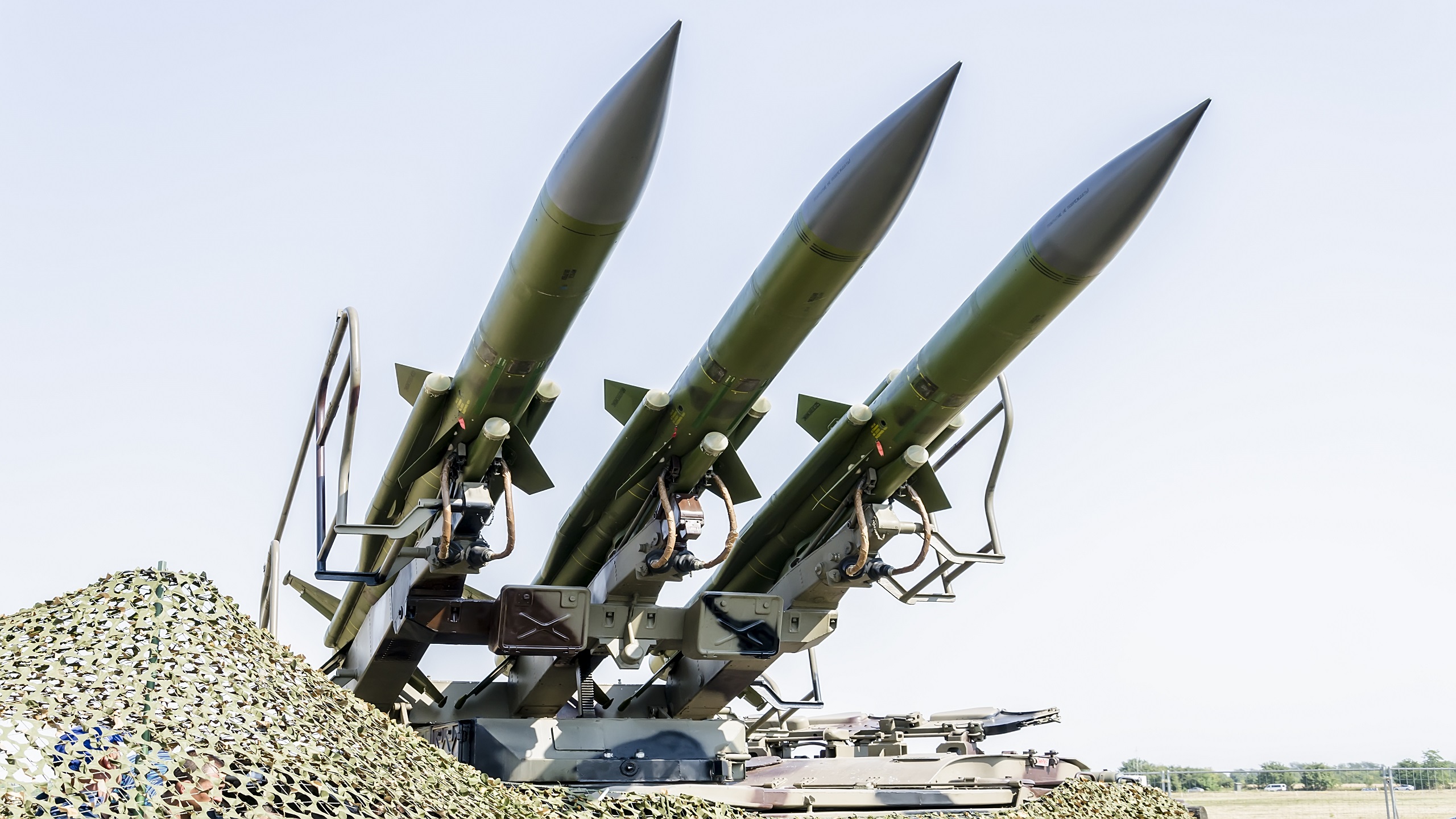Rocket Attacks on Israel Reveals Who Really Controls Lebanon
An-Nahar, Lebanon, April 7
Lebanon has once again come to the fore of regional attention, with the recent rocket attacks targeted at Israeli territory. Although Israel, Hizbullah, and official Lebanese security forces have attempted to pass blame to “Palestinian factions,” the truth is that Hizbullah, as a faction of the Iranian Quds Force, is responsible for these missile attacks. In the region, Hizbullah exerts complete and decisive influence, and it is highly unlikely that any missile was launched at Israel from Lebanese territory without clear consent from Hizbullah’s leadership. Not only was the decision taken by Hizbullah but it was also implemented with its sponsorship. It may have been carried out by Hamas or other smaller Palestinian factions, but Hizbullah orchestrated it. Israel is aware of this, so it prefers to hold Hamas responsible and avoid a clash with Hizbullah, and by extension, Iran, which is now reconciling with several Arab nations. The ongoing Israeli-Iranian shadow war was exacerbated last week when severe Israeli airstrikes targeted sites in Syria where members and officials of Hizbullah and the Iranian Revolutionary Guard Corps were stationed. This resulted in the loss of many lives. It is believed that in response, Iran allowed Hizbullah to organize the launch of rocket volleys, though the responsible “Palestinian factions” remain unidentified. These factions move freely between the western and eastern regions of southern Lebanon. We are witnessing a process of diplomatic exchange between two regional powers: Israel and Iran. Hizbullah, however, does not have the autonomy to engage in major skirmishes with the Israelis without the approval of its regional authority. The scope of Hizbullah’s authority is confined to the Lebanese context, and any confrontation may begin in the Galilee region but could potentially spiral into the heart of Tehran itself, as has been experienced in recent months. Amid all that is occurring, there is a missing presence of the Lebanese government, which is more akin to a local municipal council that operates within the confines of what Hizbullah grants it. Thus, we saw Prime Minister Najib Mikati deny the gravity of the attack on Lebanese sovereignty initially, instead of contacting international bodies in order to avert further escalation. All of this leads us to conclude that the incident of rocket fire from Lebanon to Israel—whatever the excuses and justifications presented are—reaffirms that the issue of illegal militia weaponry in Lebanon is a national concern, just as the question of withdrawing Palestinian arms and disbanding Palestinian military bases in Lebanon, as agreed upon at the Lebanese national dialogue 17 years ago, must be included in the agenda of any future government immediately following the election of a president. —Ali Hamada (translated by Asaf Zilberfarb)

